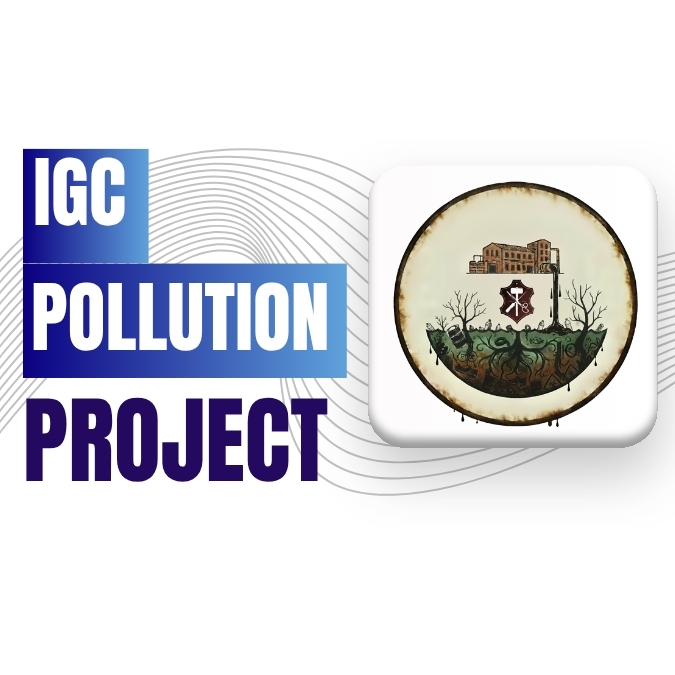- International Growth Centre (IGC) (Funding Partner)
- Prof Dr. Atonu Rabbani, Professor, University of Dhaka
- Dr. Md Amzad Hossain, Assistant Professor, University of Arkansas
- Dr. Abu S. Shonchoy, Associate Professor, Florida International University
- Dr. Nirman Saha, Lecturer, University of Surrey
- Md. Hafiz Sikder
This project examines the environmental, health, and socioeconomic impacts of relocating Bangladesh’s Hazaribagh tannery industry to Savar, a policy implemented to reduce pollution in the Buriganga River. While industrial relocation is a common environmental policy tool in developing countries, its broader effects on sustainability, public health, workers’ welfare, and firm viability remain understudied. The tannery sector is crucial to Bangladesh’s economy, contributing 4% to export earnings and 0.5% to GDP. However, severe pollution from Hazaribagh tanneries prompted the government to mandate their relocation. Although this improved water quality in Buriganga, it introduced new environmental challenges in Savar, where untreated waste continues to pollute the Dhaleswari River.
The socioeconomic impact of the policy has been uneven. While tannery owners received compensation, many workers, particularly temporary laborers and children, faced job losses, dislocation, and limited access to housing, education, and transportation. Vulnerable groups struggled due to skill mismatches and inadequate support measures. This study will employ an event-study design combined with a difference-indifference approach, utilizing a matching procedure to identify treatment and control groups. It will rigorously assess the policy intervention’s impacts on health, labor market conditions, housing prices, firm survival, and overall environmental quality.
By leveraging the unique variation created by the Buriganga River’s flow, tannery closure timelines, and available pollution estimates, this project will provide robust estimates of both the intended and unintended consequences of relocation. The policy implications of this project extend well beyond Bangladesh’s tannery relocation. For instance, the government is relocating chemical factories in Old Dhaka, and findings will help balance environmental protection with the socioeconomic needs of affected communities. The research offers insights for developing countries facing similar challenges, providing a framework for policymakers to create relocation policies that protect the environment, support vulnerable populations, and maintain industrial competitiveness, aiding sustainable economic growth across sectors and regions.
This project aims to examine the impact of industrial relocation on pollution distribution and its subsequent effects on the health and socio-economic conditions of affected communities. Specifically, the study focuses on the consequences of the forced relocation of tanneries from Hazaribagh to Harindhara, Savar, Bangladesh.
The relocation, intended to reduce environmental pollution within Dhaka city, has resulted in significant changes in the spatial distribution of pollutants and in the living conditions of both the former and current host communities. Therefore, this project seeks to assess the extent of environmental contamination and its implications for public health and livelihoods in both Hazaribagh and Harindhara.
By comparing pollution levels and socio-economic outcomes before and after relocation, the study aims to provide a comprehensive understanding of how industrial migration influences environmental quality and community well-being, contributing valuable insights for future policy planning and sustainable industrial development.
